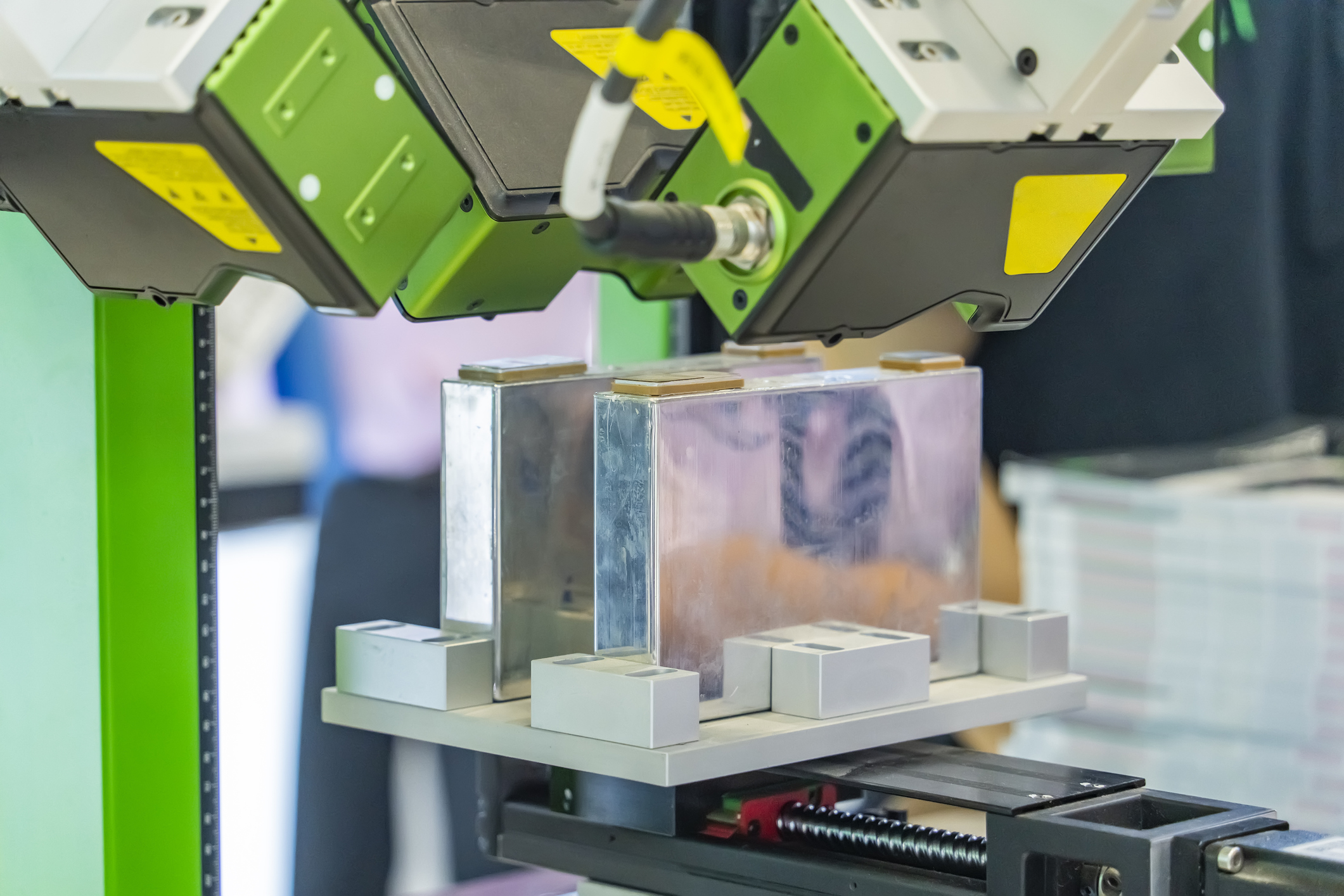In a world where technology is constantly evolving, lithium-ion batteries have become the unsung heroes powering our devices and revolutionizing industries. The growing number of lithium battery companies is a testament to the increasing demand for efficient and sustainable energy storage solutions. This article takes you on a journey through the history of lithium-ion batteries, exploring their remarkable milestones and celebrating the significant innovations driven by various lithium battery companies.
The Early Years of Lithium-Ion Batteries
The Discovery of Lithium
The tale of lithium-ion batteries began with the discovery of lithium, the lightest metal and the third element in the periodic table, by Swedish chemist Johan August Arfwedson in 1817. As researchers studied lithium’s properties, they recognized its high electrochemical potential and light weight made it an ideal candidate for energy storage applications.
Initial Experiments and Challenges
Early experiments with lithium-based batteries in the 20th century encountered numerous challenges. Lithium’s high reactivity posed risks of thermal runaway, leading to overheating and potential explosions. Additionally, early prototypes had a short service life due to the formation of dendrites, which could cause internal short circuits. These difficulties hindered the development of a commercially viable lithium-ion battery.
The Invention of the First Lithium-Ion Battery
The Breakthrough by John B. Goodenough and His Team
The turning point in lithium-ion battery history came in 1980 when John B. Goodenough and his team discovered a novel cathode material, lithium cobalt oxide, which could reversibly intercalate lithium ions. This breakthrough laid the foundation for the development of the first lithium-ion battery.
The Role of Lithium-Ion Battery Companies in Commercialization
Lithium battery companies played a crucial role in bringing lithium-ion batteries to the market. Recognizing the potential of this technology, they invested in research and development, ultimately leading to the commercialization of lithium-ion batteries in the early 1990s by Sony. This groundbreaking innovation allowed for the creation of smaller, more powerful devices with longer battery life.
Advancements in Lithium Battery Technology
Different Types of Lithium Batteries
Lithium battery companies have continued to innovate, developing various types of lithium batteries. Lithium iron phosphate (LiFePO4) batteries offer increased safety and longer cycle life, making them ideal for electric vehicles and renewable energy storage. On the other hand, Lithium polymer (LiPo) batteries, provide design flexibility and higher energy density, which are perfect for smartphones, drones, and other compact devices.
Improvements in Energy Density and Battery Life
Ongoing research and development have led to significant improvements in energy density and battery life. The adoption of new anode and cathode materials, as well as advances in electrolyte chemistry, have allowed for increased capacity and performance. These innovations have further expanded the potential applications of lithium batteries.
Innovations in Battery Management Systems
Battery management systems (BMS) have also evolved, thanks to the efforts of lithium battery companies. Modern BMS technology monitors and controls battery performance, ensuring optimal charging and discharging, as well as protecting against overcharging, overheating, and short circuits. This has resulted in improved safety and longevity for lithium batteries.
The Role of Lithium-Ion Batteries Companies in Advancing Technology
Investment in Research and Development
Lithium battery companies have been instrumental in driving advancements in battery technology. By investing in research and development, these companies have consistently pushed the boundaries of lithium battery performance.
Collaboration with Academic Institutions and Research Organizations
Collaborations with academic institutions and research organizations have enabled lithium battery companies to pool knowledge and expertise, fostering new breakthroughs in lithium battery technology. These partnerships have accelerated innovation, leading to the development of cutting-edge energy storage solutions that continue to shape the future.
Adoption of Lithium-Ion Batteries in Various Industries
The widespread adoption of lithium batteries across various industries, from automotive to renewable energy, is a testament to their transformative impact. Electric vehicles, solar energy storage systems, and portable electronics all benefit from the efficient and reliable power provided by lithium batteries.
The Future of Lithium-Ion Batteries
Emerging Trends and Potential Breakthroughs
As lithium battery companies continue to innovate, several emerging trends and potential breakthroughs in lithium battery technology are on the horizon. Developments in solid-state electrolytes, higher-capacity anodes, and advanced cathode materials could lead to even more efficient and safer energy storage solutions in the coming years.
Addressing Environmental Concerns and Promoting Sustainability
Sustainability is a top priority for lithium battery companies. To address environmental concerns, companies are working on improving recycling processes and developing eco-friendlier battery chemistries. These efforts aim to minimize the environmental impact of lithium batteries and contribute to a greener future.
Wrapping Up
Lithium batteries have come a long way since their early beginnings, thanks to the relentless efforts of lithium battery companies and researchers. Their impact on modern technology is undeniable, and their constant evolution ensures they will continue to play a pivotal role in shaping our world. As we look to the future, we can expect even greater advancements in lithium battery technology, further transforming industries and improving our everyday lives, all while promoting a more sustainable, connected world.
If you’re considering lithium batteries as a solution, don’t hesitate to reach out to our team at Green Cubes. We’ll be more than happy to answer any questions you may have and guide you in finding the best energy storage solution tailored to your specific needs. Together, let’s embrace the future of lithium batteries and create a more sustainable, connected world.


